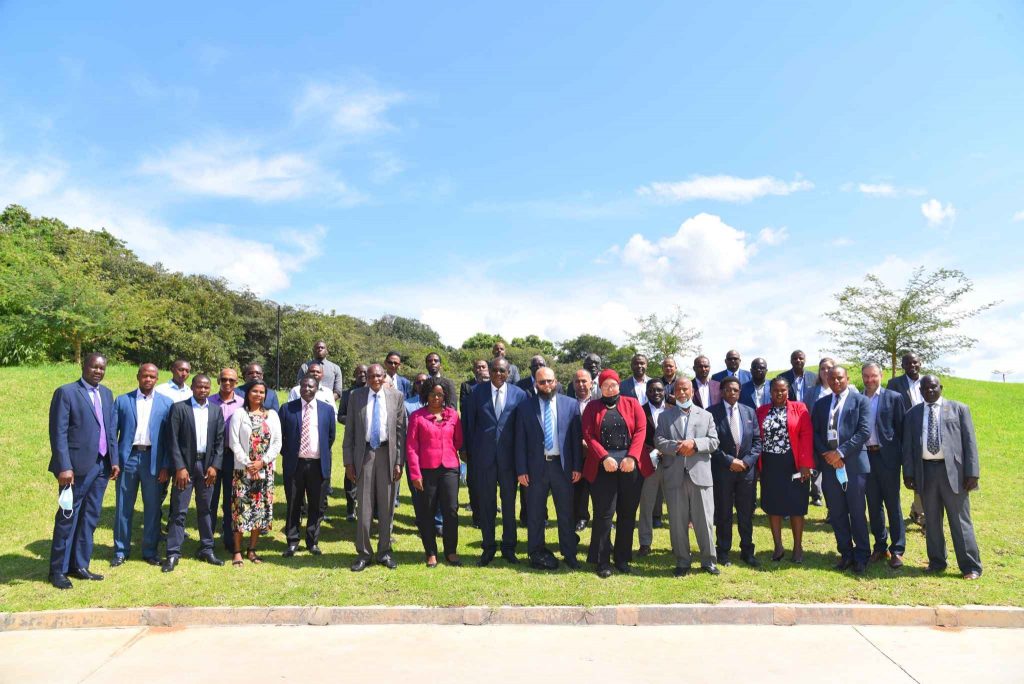
Regional energy experts have approved a set of tools to promote renewable energy and efficiency. Among them is the grid capacity guideline report for integrating renewable energy, monitoring tool for the Renewable Energy and Energy Efficiency Strategy and Action Plan (REEESAP) for the Eastern Africa, Southern Africa and the Indian Ocean (EA-SA-IO) region.
The others are the inter-pool and inter-Regional Economic Community (REC) Memorandum of Understanding and market surveillance and compliance framework for East Africa Power Pool (EAPP) and Southern Africa Power Pool, (SAPP).
The validation workshop was conducted on 3-4 March 2022 in Lusaka, Zambia.
Delegates at the meeting also agreed on the provision of technical support to four countries, namely Democratic Republic of Congo, Comoros, Djibouti and South Sudan regarding the establishment of national energy regulators. This includes aligning the Member States’ national legislation/ regulation with adopted harmonized regional regulatory framework.
Nine guidelines on renewable energy and energy efficiency and a monitoring tool to assess progress made by Member States towards achieving renewable energy and energy efficiency targets have since been developed. These are expected to take the region to the next level of green and clean economy and an enhanced sustainable energy security and accessibility.
The meeting brought together five Regional Economic Communities: The Common Market for Eastern and Southern Africa (COMESA), the East African Community (EAC), Intergovernmental Authority on Development (IGAD), Indian Ocean Commission (IOC), and the Southern Africa Development Community (SADC).
Others were the Regional Association of Energy Regulators, Regional Power Pools, Renewable Energy and Energy Efficiency Centers. The COMESA Regional Association of Energy Regulators for Eastern and Southern Africa (RAERESA) coordinates the implementation of the programme.
The programme has three results areas namely; a regionally harmonized energy regulatory and policy framework that integrates gender perspectives; enhancement of regulatory capacity of the National Regulatory Authorities and Power Pools to proactively influence developments in the energy sector; and lastly, enhancement of renewable energy and energy efficiency to attract investments in clean energy and build capacity in clean energy in the region as well as the domestication on a demand driven basis.
Speaking at the opening ceremony, Assistant Secretary General in charge of programmes at COMESA, Ambassador Kipyego Cheluget, noted that with the ongoing developments, the EA-SA-IO region will enhance electricity trading at regional level.
“Investment in energy infrastructure should be supported by policy initiatives that promote generation, maintenance, and efficient utilization of energy infrastructure capacity,” he said. “The current regional economic growth trends require a corresponding growth in energy infrastructure and efficient utilization to cater for both current and future demand.”
To address current challenges, he said, an aligned regulatory framework was necessary to stimulate investments in power production and transmission as well, noting that the EA-SA-IO region has expansive potential in solar, wind, geothermal, bioenergy among others.




